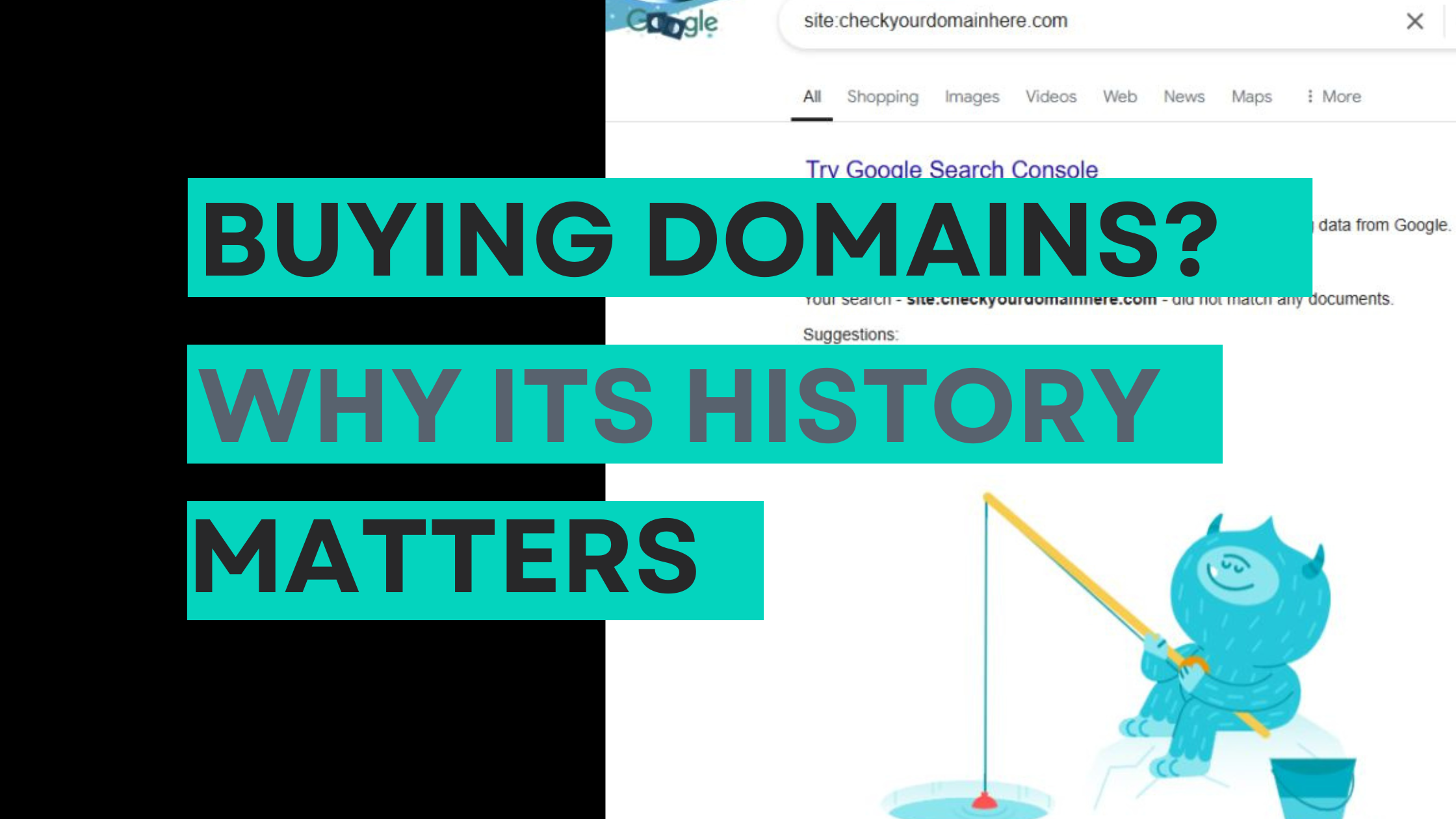For almost two decades, I’ve bought domains – mostly for new ideas or to test out theories, but I’ve also sold them. Occasionally, I’ve been that person who spots an opportunity and jumps on it—remember ITV buying back domains of their X-Factor singers? 2007 was definitely a wild time!
Buying domains has become common practice today, whether for business ventures or personal projects. However, one crucial thing you should never overlook is a domain’s history, even if you plan to sell it down the line.
Why Does Domain History Matter?
When purchasing a domain, its history plays a significant role in determining its value and potential risks. Here’s why:
- Manual Actions: You could unknowingly acquire a domain with existing manual penalties that could affect your site’s performance.
- Indexed in Search Engines: The domain might still be indexed by Google, which could be a positive or negative depending on the context.
- Topical Content: Domains that previously hosted specific content may still have ties to those topics, potentially helping or hurting your new project.
- Backlink Profile: A domain with a strong, authoritative backlink profile can be beneficial—especially if your plans align with its past content. If your new use case is entirely different, the existing backlinks could cause issues.
- Legal Issues: Has the domain ever been involved in any legal disputes? This could come back to haunt you.
How to Investigate a Domain’s History
There are plenty of tools—many free—to help you check the history of a domain before buying. Here are some resources to get you started:
- Internet Archive (Wayback Machine): Check what the site looked like in the past.
- Semrush: Use it to look at traffic, backlinks, and more.
- Ahrefs: Another powerful tool for assessing domain authority and backlink history.
- SpyFu: Track competitors’ domains and get a sense of their history.
- Google Search: Use
site:yourdomain.comto see how Google views the domain. - Whois: Review the domain registration history and ownership details.
- DNS Record History: Look into changes made to DNS records for additional context.
If you plan to sell the domain later, it’s worth checking if the domain has been previously sold, as it can help you set a fair price. NameBio is a great resource for checking domain sales history.
Additional Tips When Buying Domains
Before making a purchase, check the domain’s spelling. Simple errors or mixed-up numbers—like using “0” instead of “o” or “9” for a “g”—can cause confusion and hurt your brand’s credibility.
Whether you’re buying or selling a domain, understanding its history will allow you to make more informed decisions and avoid dealing with the chaos of previous ownership. A little research now can save you from major headaches later on.

Leave a Reply